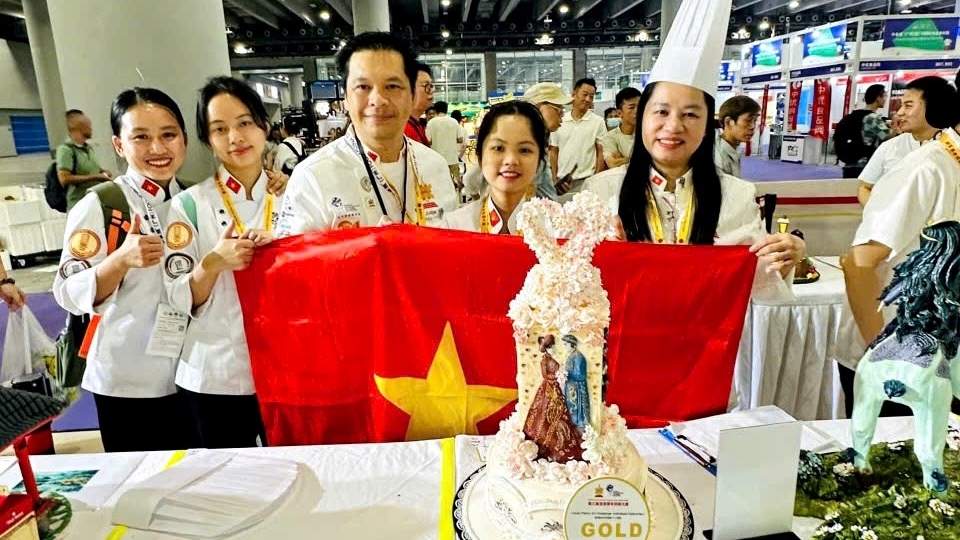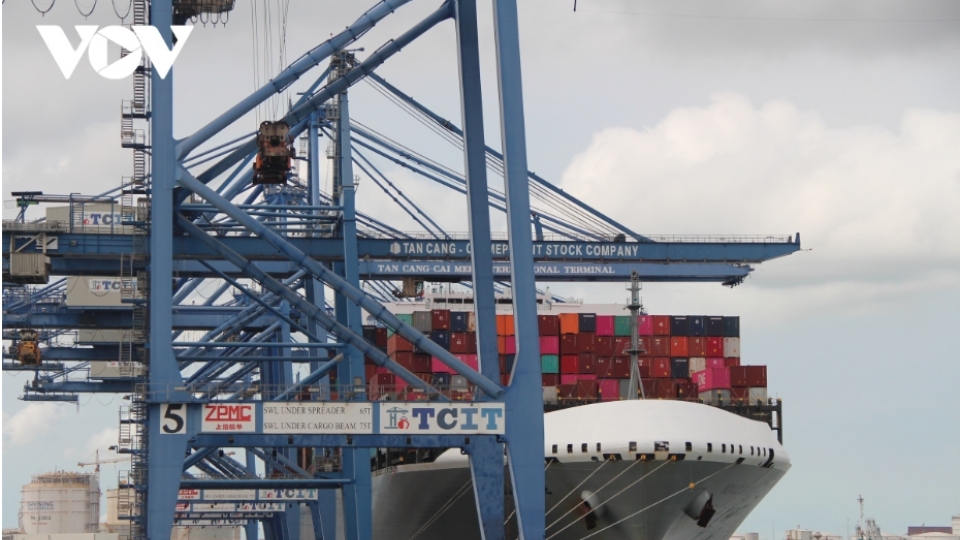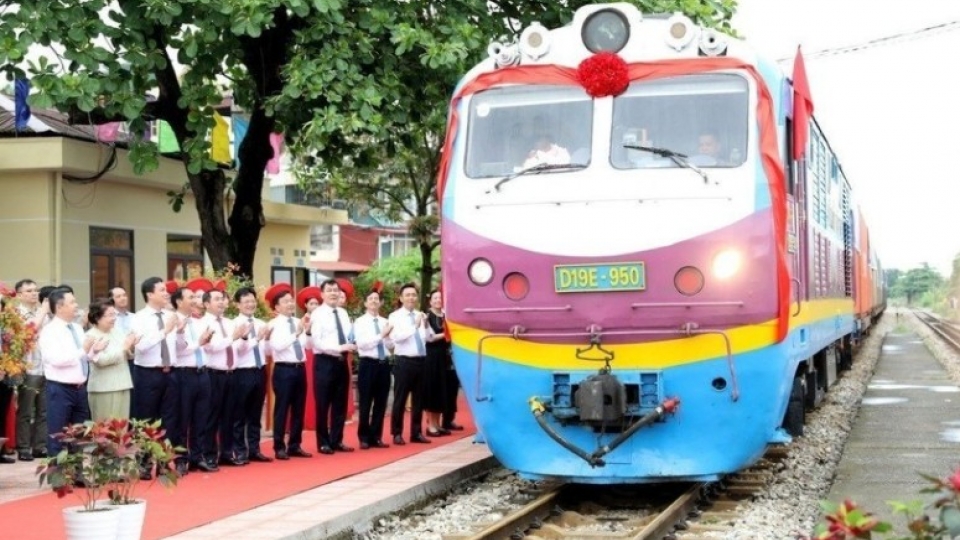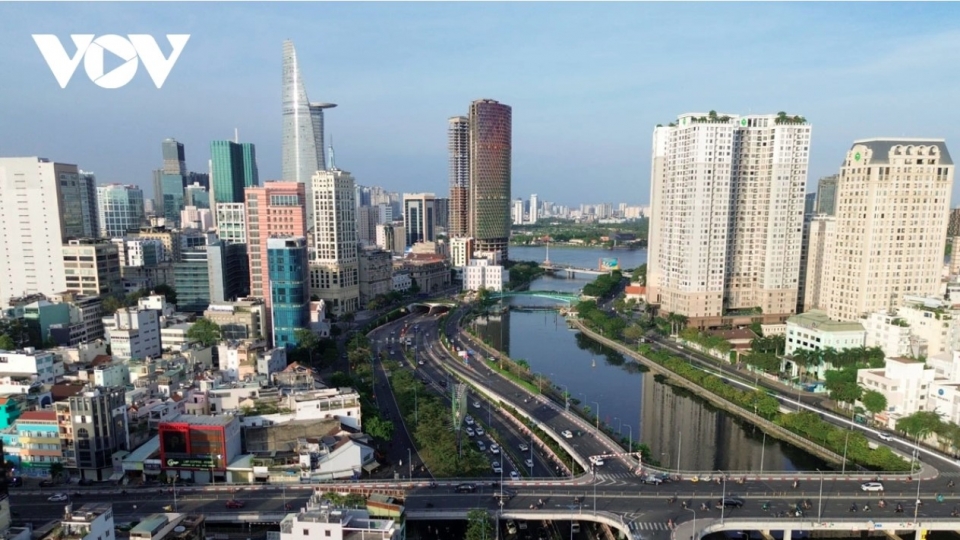Tag: Vietnamese rice
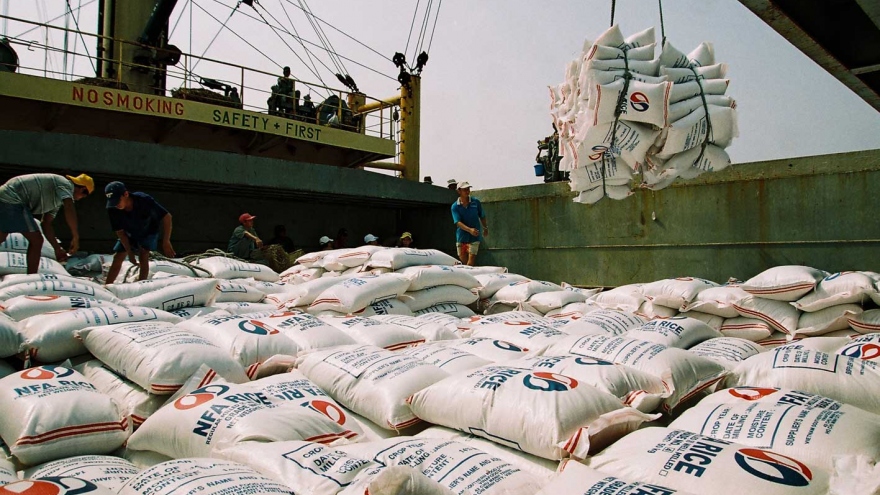
Rice exports maintain growth momentum
VOV.VN - Vietnamese rice exports during the first quarter of the year witnessed robust growth in both traditional and potential markets, with the number of rice export orders and price rising sharply, heard a meeting held on April 26 in Ho Chi Minh City.
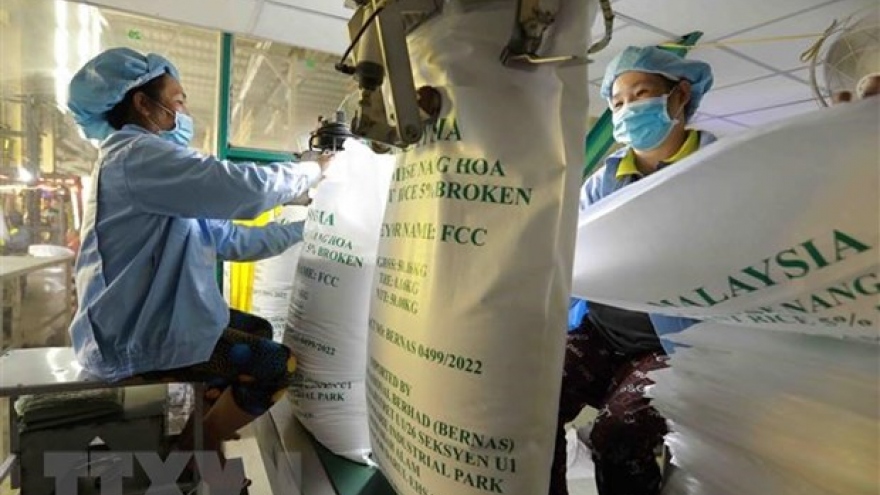
Vietnam’s rice exports surge on supply crunch
Strong rice export demand coupled with waning supplies have caused prices to surge in the market since the beginning of 2023.
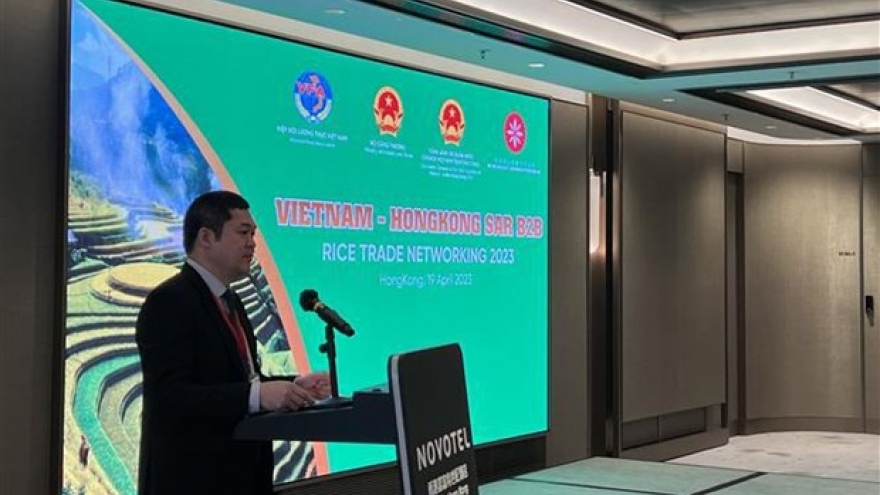
Vietnamese high-quality rice promoted in Hong Kong
A conference was held in Hong Kong (China) on April 19 to tighten relations between rice businesses from Vietnam and Hong Kong as well as to promote Vietnamese high-quality rice in the market.

Philippines - biggest importer of Vietnamese rice in Q1
The Philippines spent more than US$450 million importing some 900,000 tonnes of Vietnamese rice in the first quarter of this year, and more orders are expected to be placed in the time ahead.

Vietnamese rice export prices highest in Asia this week
VOV.VN - The average export price of Vietnamese rice rose to US$473 per tonne this year, the highest compared to those of other major rice exporting countries in Asia, according to the General Statistics Office (GSO).

FTAs and trade promotion key to boosting exports
Taking full advantage of Vietnam's numerous free trade agreements (FTAs) and rolling out measures to promote trade are keys to boosting the country's export in the future, said the Ministry of Industry and Trade (MoIT).

Vietnam's ST25 rice exported to the Republic of Vanuatu
The Ministry of Industry and Trade said that the parties have also reached an agreement on the next shipments, with the total demand expected to be up to thousands of tonnes of Vietnamese rice to Vanuatu.
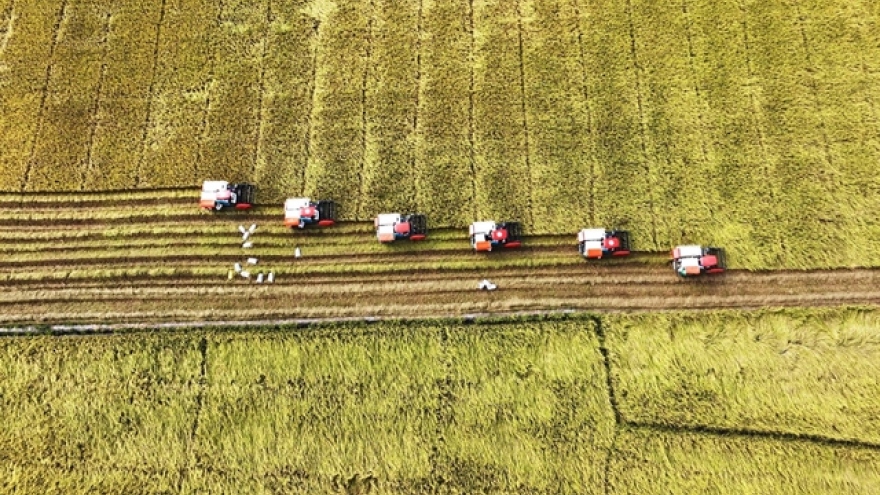
Ministry urges close watch on rice market as Indonesia to import 2 million tonnes
The Import-Export Department under the Ministry of Industry and Trade said that as Indonesia was among the major rice import markets of Vietnam, any policies, moves and market developments of Indonesia would partly affect the export of Vietnam into this market.
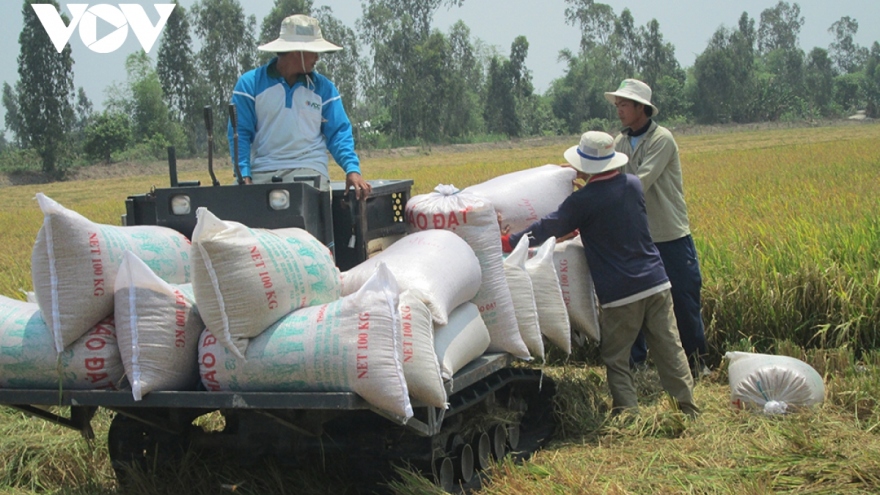
Vietnamese rice export prices on the rise globally
VOV.VN - The export price of Vietnamese rice in the first quarter of the year recorded an annual rise of 9.2% on average to reach US$531 per tonne, according to the Ministry of Agriculture and Rural Development (MARD).
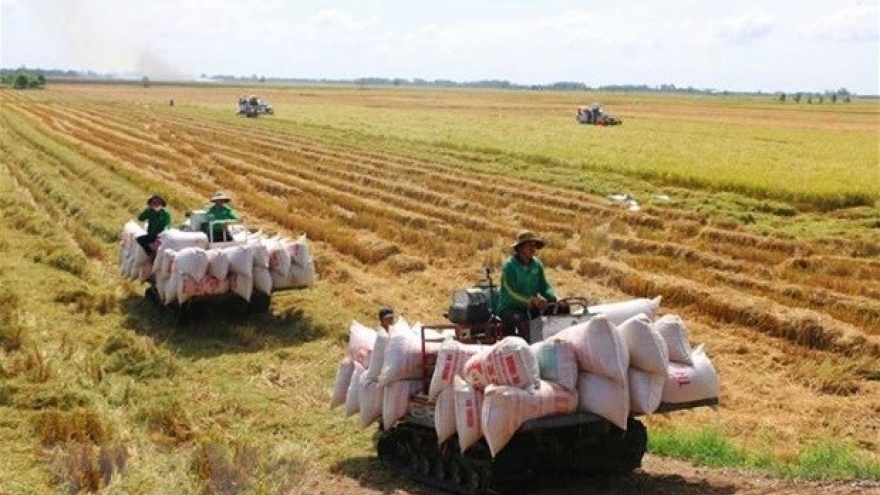
Vietnam to develop 1 million ha of low-emission high-quality rice by 2030
The Ministry of Agriculture and Rural Development is drafting a project to develop 1 million ha of low-emission high-quality rice in Vietnam, according to Deputy Minister Tran Thanh Nam.




